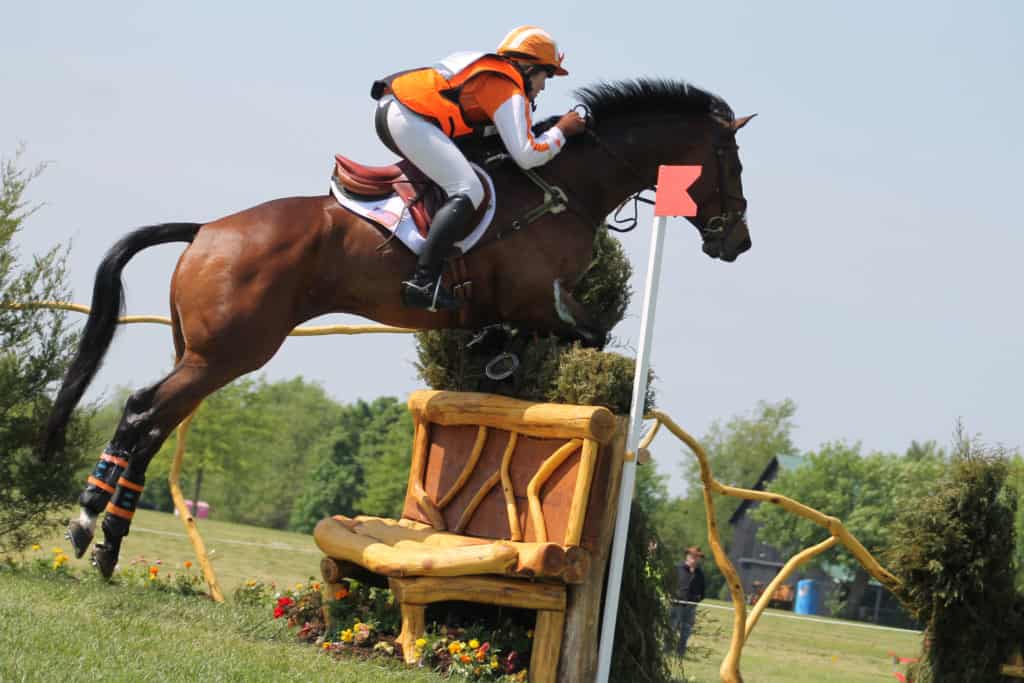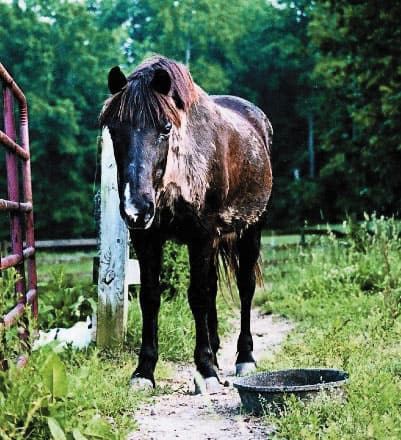
Young Horse Care
Young horses are in a critical stage of development, where careful management is essential to a healthy adult life. In this live audio event, our experts answer questions about young horse care, including growth, nutrition, exercise, and disease.






















